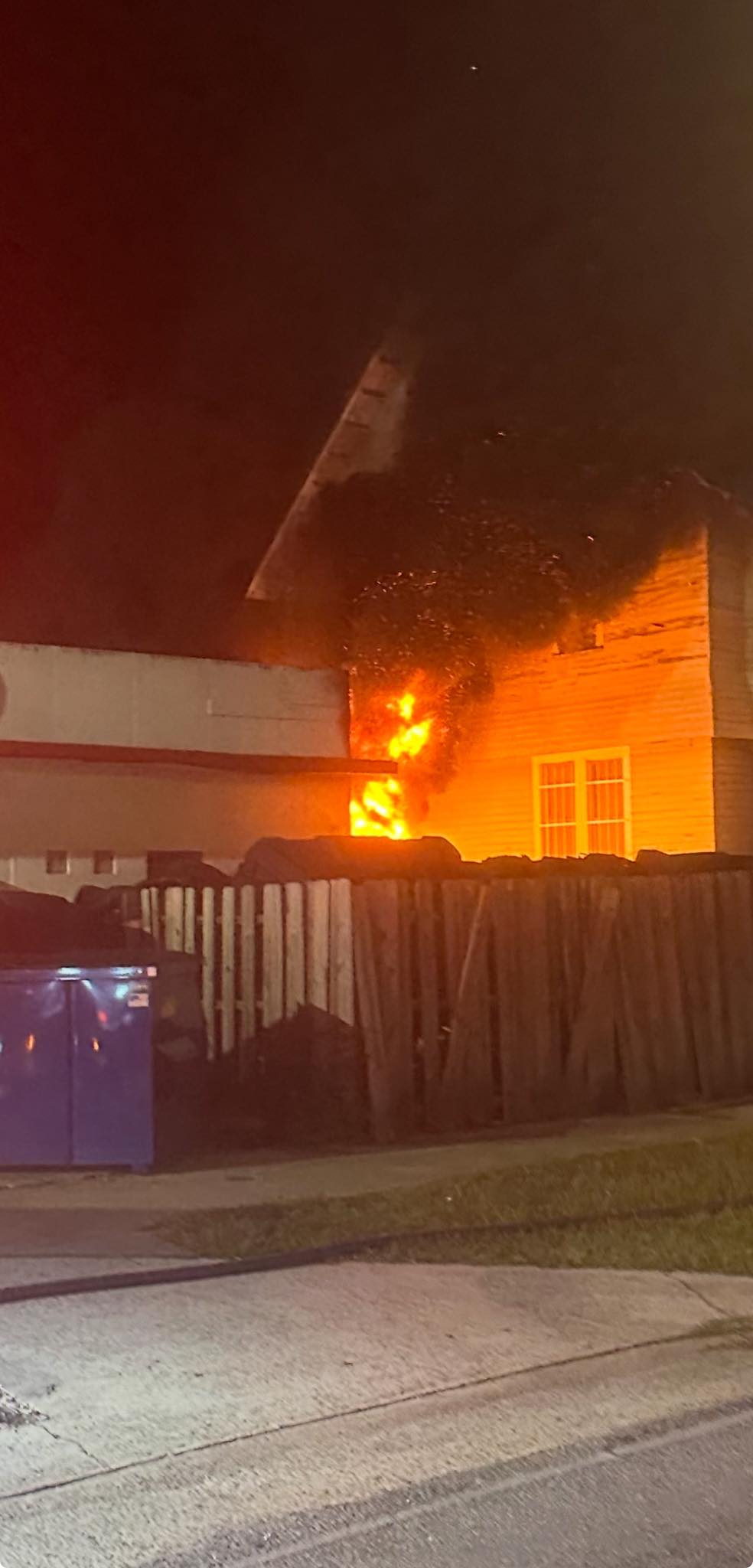Understanding the effects of verbal abuse
Published 9:00 am Friday, October 16, 2015
Using the HBO show “Last Week Tonight’s” John Oliver’s voice, “Is emotional abuse still a thing?” Unfortunately, it sure is and it is fairly easy to detect.
Detection requires questions about character and conduct, and not just the general default question, “Do you have bruises?”
Trending
But even to that question the answer is yes. Because the bruises are far more mental then physical but must potentially be considered just as deadly. Some of the outward signs of prolonged mental abuse are sudden weight loss, being on pins and needles, never being seen as an equal in the eyes of the verbal abuser, self-destructive behavior, feeling less passionate about our passions, etc.
Here’s the clinical take on the effects of verbal abuse. They include:
• fear and anxiety
• depression
• stress and PTSD
• intrusive memories
Trending
• memory gap disorders
• sleep or eating problems
• hyper-vigilance and exaggerated startle responses
• irritability, anger issues
• alcohol and drug abuse
• suicide
• self-harm
*adapted from healthyplace.com
Here’s another person’s thoughts from Tumblr: “This sort of violence can be hidden; there are not bruises to act as proof, but it damages, cruelly and by stealth. I have said to friends that, sometimes, I would rather you hit me, that you would then perhaps understand that what you do is wrong.” Source: cut-and-putt.
As is evident verbal abuse causes psychological damage. Verbal abuse is just not healthy.
That’s why we must figure out better ways to punish verbal-abusing bullies. We have to take their punishment seriously for verbal abuse too often leads to cycles of physical abuse and eventually senseless killings.
The entire objective of the verbal abuser is to belittle in order to make their target of abuse feel less secure about themselves. Many victims are so beaten down they they don’t have the strength or the support system from which help is readily available.
Verbal abuse puts the police and social-service organizations in a tough position. Since you have nothing physical to link your emotional scars to, there is little help that can be provided by our help agents beyond words of encouragement or advice such as you should leave.
But leaving is not always as simple as it sounds.
Still, whether we stay or leave, no one has the right to be a verbal abuser. And we must as a society take a woman’s complaint about verbal abuse just as seriously as we would a woman with a black eye or one who has had her jaws wired shut due to a beating that probably was preceded by a long period of verbal abuse.
Sara Bell is a resident of Valdosta.





